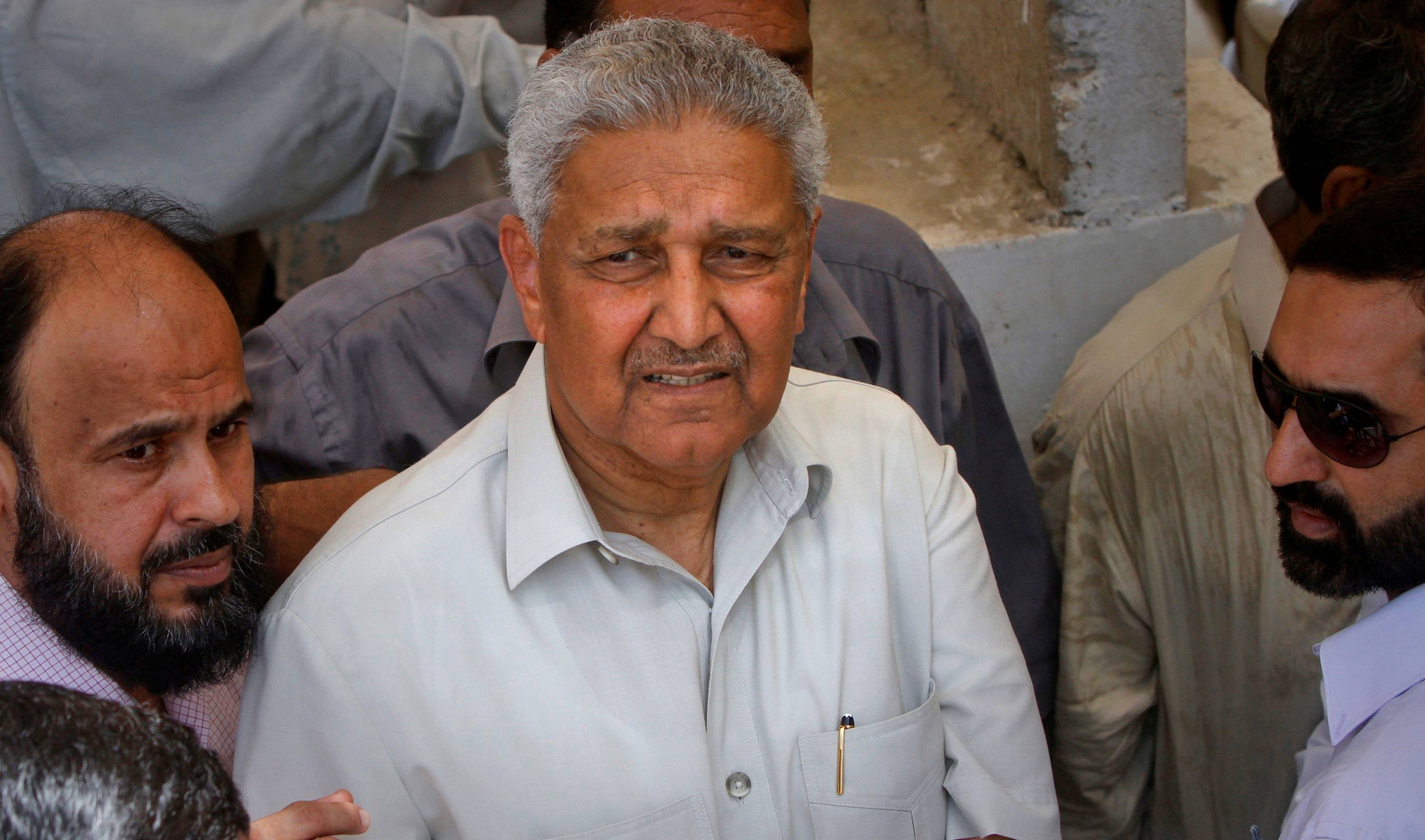Widely considered the “father” of Pakistan’s nuclear weapons program, Abdul Qadeer Khan died last week at the age of 85. His efforts made him a national hero in his home country, an icon who made invaluable contributions in the fight to protect Pakistan from its larger neighbor and allow it to stand tall and free on the international stage. For many others, however, Khan was a criminal who enabled nuclear proliferation around the world.
A.Q. Khan (as he was commonly known) was a nuclear engineer, who has born in India and emigrated to Pakistan after the bloody partition in 1947 that birthed the two countries. He studied metallurgy and, after doing graduate study in Germany, joined a Dutch company that enriched uranium for a consortium of European nuclear-engineering firms. India’s “peaceful nuclear explosion” in 1974 set off alarm bells in Pakistan, which had a violent territorial dispute with Delhi over control of Jammu and Kashmir, predominately Muslim areas that are part of India but claimed by Pakistan.
Fearful that India’s new nuclear capabilities would give it an insuperable advantage in the competition with Pakistan, Khan endeavored to secure the same for his own government. He later said that he remembered how India had supported separatists who split his country in two, with East Pakistan becoming Bangladesh and “I wanted that what happened in 1971 should never be repeated again.” He stole designs for nuclear centrifuges from his Dutch employer so that Pakistan could enrich uranium to build its own bomb. Years later, he explained that after the 1974 tests, “I felt that Pakistan’s security is in danger.”

















With your current subscription plan you can comment on stories. However, before writing your first comment, please create a display name in the Profile section of your subscriber account page.